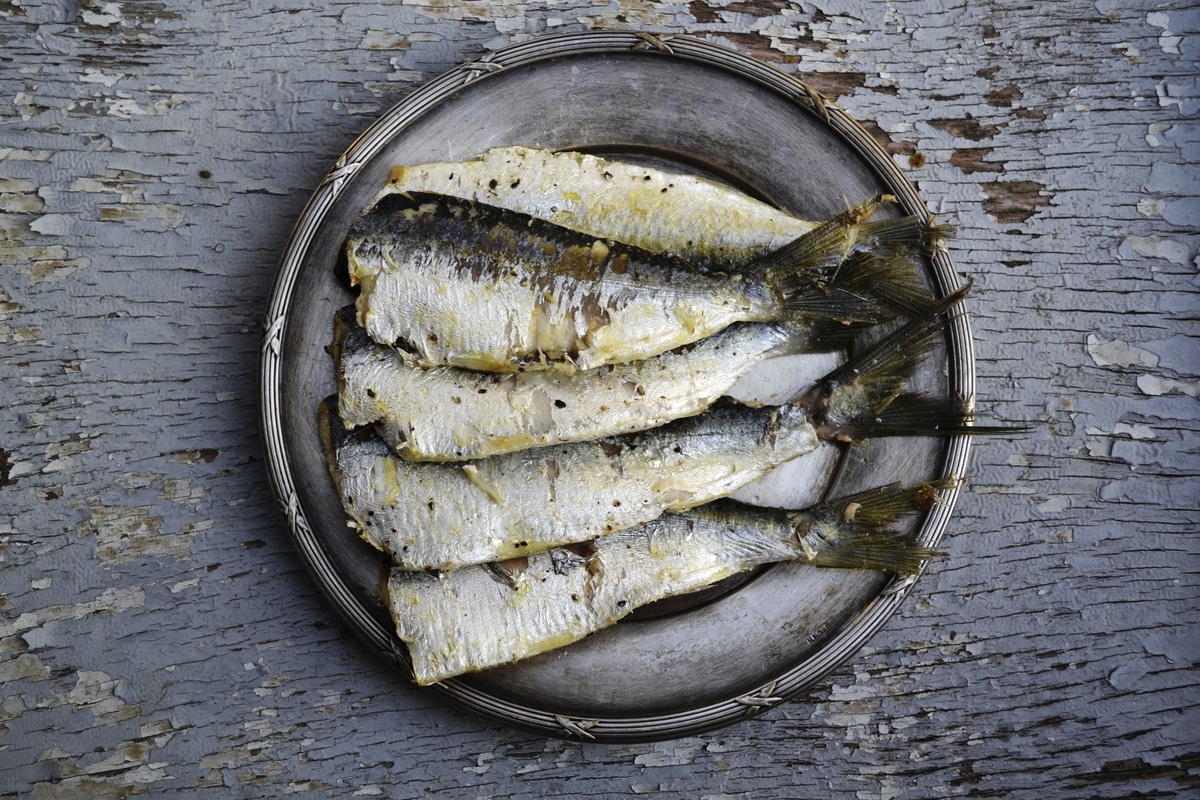
Currently we have so much information that it is very easy to introduce ourselves to any type of diet, even if we do it in a dangerous way. Miracle diets are evolving, and what previously seemed dangerous to us, we now look at with some suspicion. For example, the Dukan diet was heavily criticized for eliminating certain nutritional groups, but isn't the same thing true of the protein diet?
Today we will tell you what this type of diet consists of, what benefits it claims to provide, and what are the dangers to which we expose our body.
What is?
As its name suggests, a protein diet is based on high protein consumption. That is, we will have to eat more meat, fish and dairy, while reducing carbohydrates and fats to a minimum. It should be noted that of the allowed foods, special interest is paid to lean red meats to find the maximum protein intake.
It began as an inspired diet for athletes, but has spread due to its "miraculous" weight-loss abilities. There are many celebrities who have made it go viral through their testimonies, but the dangers to which we expose our bodies are endless.
The consumption of carbohydrates is prohibited to increase weight loss, something that happens with keto diets when there is a lack of glucose.
Many endorse this type of diet because you lose weight quickly and do not go hungry. Here it is not about reducing calories, but about eliminating nutritional groups.
Advantages
Research suggests that increasing protein intake can have impressive effects on appetite, metabolic rate, weight, and body composition.
Appetite and satiety
Eating more protein can help suppress hunger and appetite for hours after eating. Protein increases the production of hormones, which help you feel full. In addition, it helps reduce levels of ghrelin, also known as the "hunger hormone."
A higher protein intake usually leads to a natural reduction in food intake. Interestingly, another reason why protein is so satisfying seems to be related to the significant increase in metabolic rate that occurs during digestion.
Increased calorie burning
Higher protein intake can increase the number of calories we burn. Digesting protein appears to increase metabolic rate by an impressive 20-35%, compared to a 5-15% increase for digesting carbohydrates or fat.
In fact, several studies have found that when people eat diets high in protein, they end up burning more calories for several hours after eating. Eating a high-protein diet for one day has been shown to increase post-meal metabolic rate by almost twice as much as eating a high-carbohydrate diet for one day.
Increases metabolism
The body actually burns calories digesting food. This whole process is known as the “thermal effect of food”. However, not all foods burn the same number of calories. Protein has a much higher thermic effect (20-30%) than carbohydrates (5-10%) or fats (0-3%). That means a high-protein diet burns calories at a higher rate than a standard diet.
Eating more protein can also increase metabolism. One study found that a high-protein diet can burn up to 80 more calories per day than a typical diet.
Weight loss
Not surprisingly, protein's ability to suppress appetite, promote satiety, and boost metabolism can help with weight loss. Usually, when we reduce calorie intake, metabolism slows down. This is partly due to loss of muscle mass. However, research suggests that higher protein intake may help protect against muscle loss and keep your metabolic rate up.
It is important to note that standard or high protein diets can be effective for everyone. However, having a specialist prepare our protein diet will be much better.
build muscle
One of the benefits of a high-protein diet is that it aids in the muscle recovery process, which drives further muscle and strength gains. The training routine can only help us so much without adequate protein intake. Working out, especially from a strength training or bodybuilding perspective, tears down the muscles and kicks off a process called "protein synthesis."
During protein synthesis, the body creates new proteins to repair muscle tissue damaged by your workouts. We will need a sufficient amount of protein to build strength and achieve muscle development goals.
Other benefits
In addition to its beneficial effects on weight, protein can help improve health in a number of other ways:
- Reduce loss of muscle mass During Aging: Many people lose muscle mass as they age.
- Strengthen bones: Protein diet can promote bone health.
- Improve wound healing: Studies have shown that diets high in protein can improve wound healing related to surgery or injury.

Drawbacks
Food causes great changes in our body, even if they are not visible. Taking large amounts of protein will cause certain areas (kidneys and liver) to work excessively and feel punished over time. Our body needs all nutritional groups, and carbohydrates cannot be eliminated. They are essential to train optimally and stay healthy.
When we abuse protein, our body initiates a process in which destroy muscle mass to find the glucose that we do not provide in the diet. We need energy and if we don't put it into food, the body will do what it can. So it is normal to lose weight, but mostly it will be lean mass.
if we don't take carbohydrates, that are the ideal fuel to have energy, we will enter a state of cetosis. That is, we will get energy from the fats obtained and physiological changes will be made in our body that may lead to fatigue, dizziness and discomfort. The body fluids they will also be altered, becoming acidic and causing nervous and cardiac disorders. And, be very careful, because if we stop introducing basic nutrients, we can generate chronic diseases and organic failure.
Like, the lack of fiber in this type of diet makes the digestive system unable to function properly. We will enter a phase of constipation, abdominal pain, cholesterol levels will increase and there may be an increase in uric acid in the blood. People with diabetes may find that a diet high in protein can raise their blood sugar levels. Also, people with diabetes who use insulin may have difficulty controlling blood glucose, since protein causes delayed blood sugar spikes.
Although most high-protein diets advocate lean protein options, others include and even encourage high-protein sources of protein. saturated. A diet high in saturated fat can increase the risk of heart disease, and studies have noted an association between eating processed meat and cancer.

It is advisable?
A strict protein diet is not recommended. No nutrition expert will ever advise eliminating carbohydrates, healthy fats, and micronutrients from your diet. Abuse, in any field, causes imbalances in our body that will affect health and sports performance.
It is quite a risk to exercise with a bad diet, since you will not have enough energy and you will tend to injure yourself more easily. If you really want to lose weight, eat right and stay active. If you don't know where to start, see a nutritionist and join the gym. Always put yourself in expert hands who will study your case personally to achieve your goals.
Many experts recommend following a low-calorie, high-protein diet to lose weight. A diet centered on lean protein, vegetables, fruits, and whole grains is considered a healthy way to lose weight. The Dietary Guidelines provide recommendations for a healthy, balanced diet. The recommended percentage breakdown of macronutrients is:
- Protein: 10–35% of daily calories
- Fat: 20-35% of daily calories
- Carbohydrates: 45–65% of daily calories
For healthy adults, the recommended dietary allowance for protein is 0,8 grams per kilogram of body weight per day, which means we should eat just under 1 gram of protein per kilogram of body weight per day at a minimum. However, this will depend on our physique and our daily activities.
A protein-rich diet that includes vegetables, fruits, whole grains, lean meats, legumes, nuts, seeds, dairy products, and healthy oils meets good health guidelines.